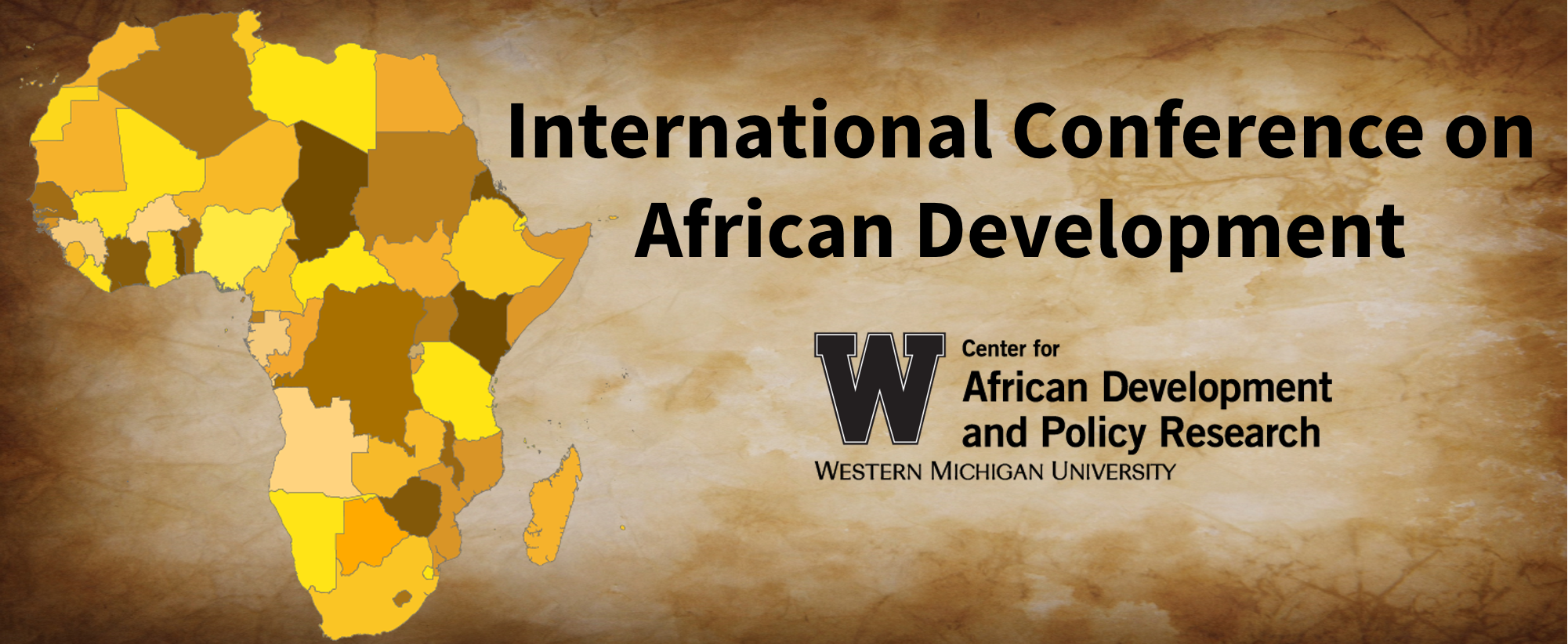8.2 The Deficits of Ethnic Federalism in Ethiopia: Searching for a Road to Democratic Federalism
Abstract
The toppling of the Derg, which ruled the country for seventeen years, by the EPRDF-led government in 1991, marked another turning point in Ethiopia’s socio-economic and political history. A great majority of the literature on Ethiopia’s federal system reveals that federalism in its ethnic model has emerged as one of the hottest topics causing heated debate among scholars in the field and various political forces. This article attempts to critically examine the deficits of the Ethiopian federal system through a careful and thorough review of the existing literature on the subject. Relevant information for the study was drawn from different books, journal articles, theses, dissertations, governmental reports and legal documents. The paper indicates that Ethiopia’s ethnic federal model deviates from the basic and common principles of federalism in many respects such as in its philosophy of legitimacy, division of authority, balance of unity and diversity, democracy, and institutional framework. The paper argues that there is an urgent need for developing a roadmap which addresses these shortcomings in the system and paves the way for the institutionalization and maturity of a genuine democratic federalism in Ethiopia.
8.2 The Deficits of Ethnic Federalism in Ethiopia: Searching for a Road to Democratic Federalism
1920 Sangren Hall
The toppling of the Derg, which ruled the country for seventeen years, by the EPRDF-led government in 1991, marked another turning point in Ethiopia’s socio-economic and political history. A great majority of the literature on Ethiopia’s federal system reveals that federalism in its ethnic model has emerged as one of the hottest topics causing heated debate among scholars in the field and various political forces. This article attempts to critically examine the deficits of the Ethiopian federal system through a careful and thorough review of the existing literature on the subject. Relevant information for the study was drawn from different books, journal articles, theses, dissertations, governmental reports and legal documents. The paper indicates that Ethiopia’s ethnic federal model deviates from the basic and common principles of federalism in many respects such as in its philosophy of legitimacy, division of authority, balance of unity and diversity, democracy, and institutional framework. The paper argues that there is an urgent need for developing a roadmap which addresses these shortcomings in the system and paves the way for the institutionalization and maturity of a genuine democratic federalism in Ethiopia.

